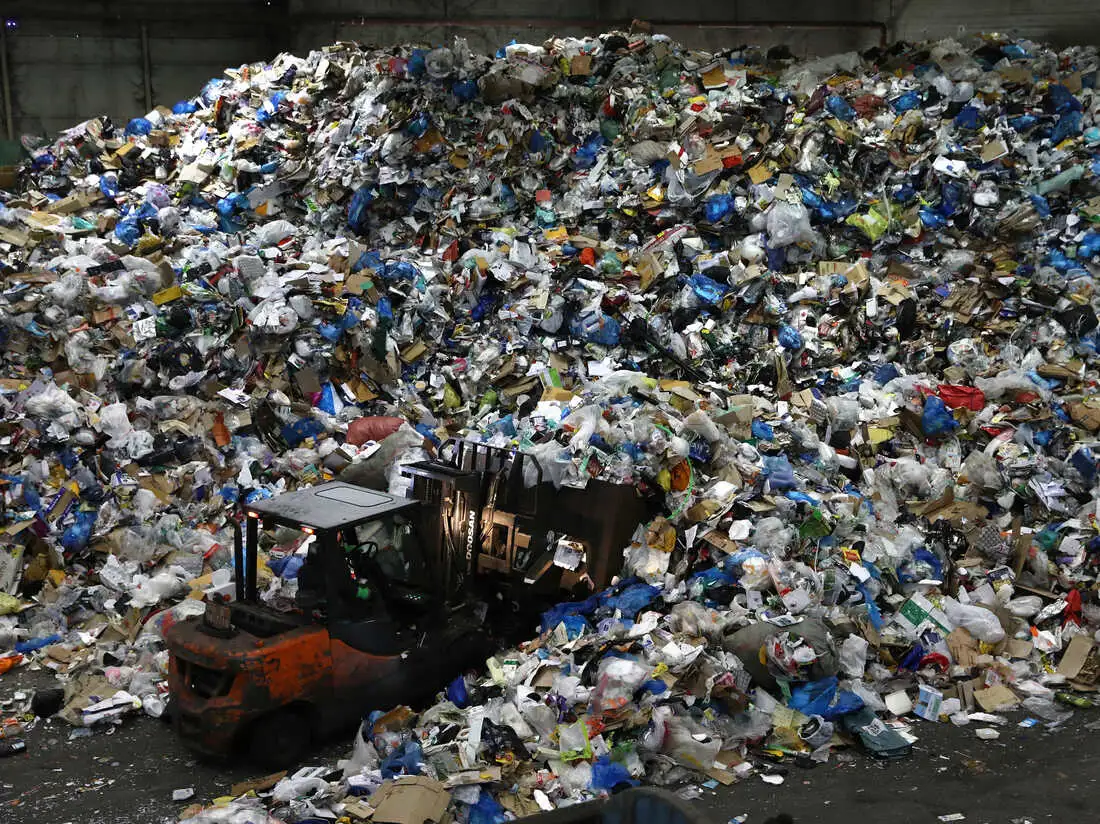By: Sintayehu Tamirat
Ethiopia’s new law is much hoped to stop consequences of low- density plastic pollution.
That's according to Dereje Abiti, at Dire Dawa City Environment, Forest & Climate Change Authority.
Dereje told EBC World that Low- density plastic pollution in some parts of the country is causing significant problems to people, cattle and the environment.
According to the United Nations, every single day, about 2,000 garbage trucks full of plastic are dumped into the world's oceans, rivers, and lakes.
This plastic pollution can alter habitats and natural processes, reducing ecosystems’ ability to adapt to climate change, directly affecting millions of people’s livelihoods, food production capabilities and social well-being.
In Africa, a continent which produces only 5% and consumes 4% of global plastic, indiscriminate disposal of plastic waste in cities and villages, can create breeding grounds for disease-carrying mosquitoes. In addition, the burning of plastic waste, a common practice in some regions of Africa, releases harmful pollutants into the air, including toxic gases and particulate matter. Inhaling these pollutants can cause respiratory problems, exacerbate existing respiratory conditions, and contribute to air pollution-related diseases.
Low density plastic wastes like single use plastic bags have also become top agenda globally. Since plastic doesn't biodegrade. It breaks down into minute particles known as microplastics. These small plastic particles — less than 5 millimeters in size — are found nearly everywhere on Earth including the deep sea, in fresh Antarctic snow, inside animals, and even within human feces, blood, and lungs. They often contain toxic chemicals — putting both animals and humans at risk for accumulating these harmful chemicals.
It’s such a similar threat low-density plastic poised in Ethiopia’s Dire Dawa City. The city only collects high-density plastic wastes for recycling and the low density ones have been given little attention.
Single use plastic is seen in several parts of the city, but largely at the outskirts, causing hazards.
Dereje didn’t deny to EBC World that here were limitations in plastic waste disposal and management in general, yet there have been efforts to curb the plastic pollution in the city.
What EBC World could witness in the city and in the outskirts is that single use plastic pollutions like plastic bags, locally known as festals were neglected.
According to Dereje, the new federal law passed by the Ethiopian legislators to ban the manufacture, import, and distribution of single-use plastic bags, is largely hoped to deter the problem.
This new law, approved in June 2025, is part of a broader solid waste management proclamation.
According to the Ethiopian Environmental Protection Authority, plastic bags constitute 46 percent of the plastic waste generated by the public in the country.




